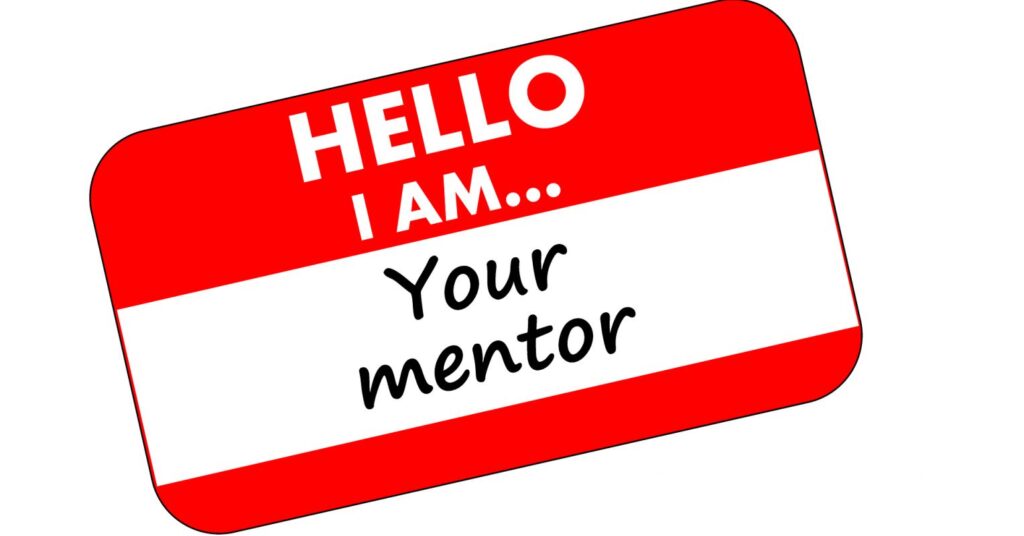A journey that unlocks rewards for yourself and others.
Mentoring is a process that builds personal and professional skills and attributes for both parties, the mentee and the mentor. While the mentee is seeking guidance and feedback from the mentor, the mentor is discovering gaps and misunderstandings within their own knowledge, skills, beliefs and feelings. As both the mentor and mentee contribute to the mentoring process and both parties receive feedback on the milestones and successes during the process, both the mentee and the mentor will experience growth, personally and professionally. It is due to the richness of their relationship that insight is gained and exchanged and the rewards of mentoring are unlocked.
Your role in mentoring
From childhood to adulthood, most of us have been mentored, in one form or another. Parents, teachers, clergy, friends have all had a hand in assisting us develop our knowledge, skills, beliefs, feelings and perceptions of the world around us. Now as working adults, we look at where we are and set personal and professional goals to gain a place in the world we hope to belong to in the future. As a mentee, we seek a mentor to guide us on the path to our desired future and as a mentor we seek to support others while at the same time undertaking reflective self-discovery.
Are you a mentor?
Although people may self-identify as a mentor and believe their experience makes them suitable, mentoring has a number of facets due to the psychology and sociology involved with individuals working together to achieve specific objectives.

The mentor carries a great responsibility of not just knowing what to do and when, but also how to support the mentee that satisfies both the mentee and the mentor. As mentioned earlier, both the mentor and mentee will experience personal and professional growth during the mentoring process.

Are you ready to be a mentor?
Although people may self-identify as a mentor and believe their experience makes them suitable, mentoring has a number of facets due to the psychology and sociology involved with individuals working together to achieve specific objectives. The mentor carries a great responsibility of not just knowing what to do and when, but also how to support the mentee that satisfies both the mentee and the mentor. As mentioned earlier, both the mentor and mentee will experience personal and professional growth during the mentoring process.
Skills of a mentor
The mentor needs to be prepared for the responsibility of assisting and supporting a mentee. Not only do they need to reflect on their own existing skills, but they also should consider their ability to use strategies and techniques that will support, stimulate and challenge the capacity of a mentee. Mentor training is the key to a successful mentoring partnership.
Mentors need to be empathic in order to have an appreciation of a mentee’s situation. While empathy is a personal trait, to be able to provide non-judgemental feedback that recognises and respects the mentee, is a learned skill. Identifying the appropriate tactics and strategies to inspire, support and elicit constructive thinking and reflection, are more learned skills needed by mentors.

Mentoring is beneficial for both mentors and mentees, but both parties need to be prepared to give their time, be flexible and be prepared to work towards achieving the desired goals of all parties involved in the mentoring process.
